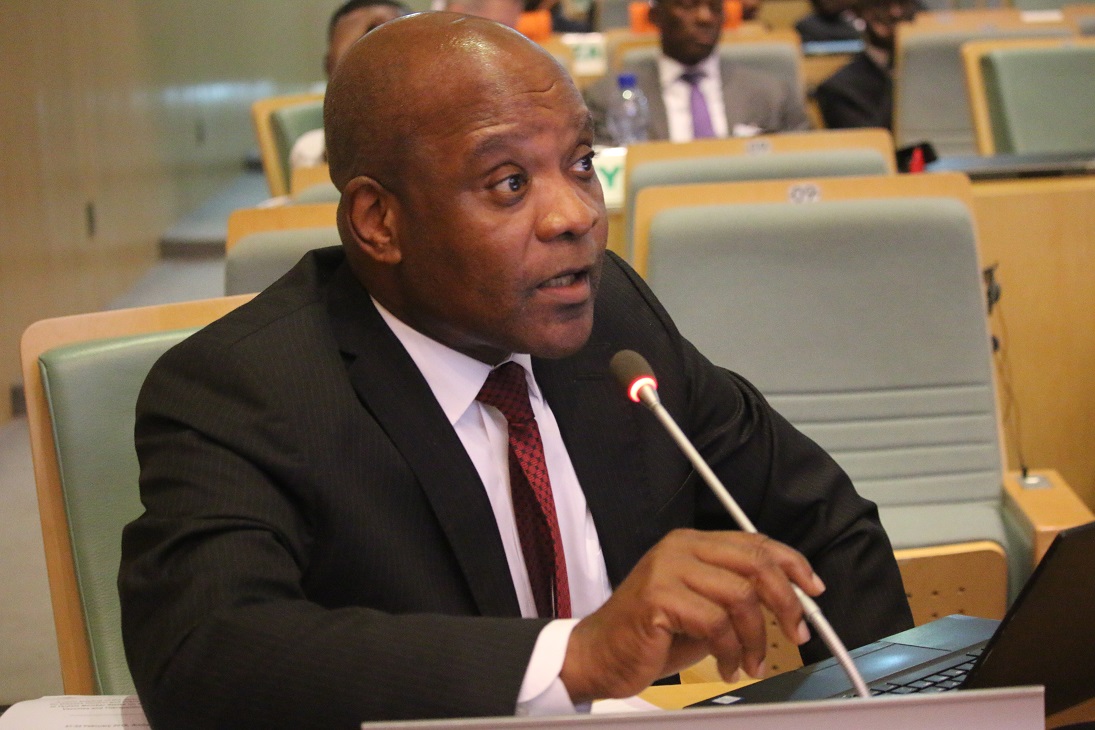Among the knock-on effects of the COVID-19 pandemic is the dramatic increase in world hunger. The State of Food Security and Nutrition in the World report shows one-tenth of the global population – as many as 811 million people – were undernourished in 2020, an increase of 118 million from 2019. At the same time, we waste one-third of all food produced along with the natural resources that go into its production. Our relationship with food is dangerously imbalanced.
Historically, food production and consumption debates have been limited to a specific aspect of the process, such as agriculture or diets. However, they are merely a few pieces of a much larger picture, mirrored in the current problems.
Another issue is the environmental impact that food systems create. Food systems are responsible for 70% of water extraction from the environment, 60% of biodiversity loss, and up to a third of human greenhouse gas emissions. Ironically, we have contributed to climate change in producing food, putting food security in jeopardy.
When we discuss food systems, we take a more holistic approach, looking at the entire value chain — production and consumption and food processing, packaging, transportation, retail, and food services. We are better positioned to comprehend problems and handle them more when we evaluate the entire system.
Our food and agricultural systems push the planet’s boundaries to their breaking point. We exploit the natural resources needed for continuous production and damage the land, leading to climate change and extreme weather occurrences, by valuing quantity over quality and encouraging farmers to grow mono-crops for cheap prices.
According to a report released in July 2021 by the Food and Agriculture Organization, the World Food Programme, the World Health Organization, and other UN agencies, climate change, conflict, and the economic downturn are driving food insecurity. Roughly 660 million people will miss the Sustainable Development Goal of eradicating hunger by 2030 if the world continues on its current path.
There are crucial questions we must solve to rebuild our strained relationship with food and the environment: how can we produce enough healthy food for both those who produce it and those who consume it? How can we feed the world’s rising population while also protecting the environment for future generations?
Utilize the Earth’s regenerative capacity
This is crucial for tackling the greatest issues of our time: environmental degradation, biodiversity loss, and climate change. Regenerative agriculture promotes soil health, allowing for the production of high-quality, nutrient-dense food. It also encourages productive agriculture, healthy communities, and healthy economies, rather than degrading the land. This helps farmers maintain their livelihoods to continue to provide the food we require now and in the future.
Make local and circular food systems more resilient
By strengthening local and circular food systems, precious natural resources, minerals, and nutrients can be kept in the loop. Circular agriculture provides outstanding environmental solutions and creates jobs, and reduces a country’s reliance on imports.
Wastewater, for example, can be processed to extract valuable finite minerals such as phosphates. Food waste and loss can be composted, allowing vital nutrients to return to the land rather than being thrown away. Furthermore, organic farm waste can be converted into bioenergy to power homes and agribusinesses. New, nature-based technologies, such as the use of black soldier flies to compost garbage, can provide a variety of valuable goods, such as compost, fertilizer, and animal feed.
Give farmers a voice and support their environmentally friendly decisions.
As the world’s population grows, more people than ever will rely on farmers for food. We can empower farmers to create solutions and be at the vanguard of a global regenerative movement by including farmers in policy conversations. They can contribute to developing a locally relevant products and services system, reducing reliance on patented and chemical inputs.
Foster radical collaboration
Though we are optimistic about the future, we are rapidly running out of time. We urgently need to remove the impediments to changing the way we produce and consume food. This entails shifting mindsets, trying new things, and learning quickly.
We don’t have all the solutions yet, but we do know that business, as usual, is the issue. We must reverse course immediately. This is only achievable with the cooperation of farmers, consumers, funders, governments, corporations, and non-governmental organizations (NGOs).
We can work together to create a food system that not only feeds us but also celebrates life – one that nurtures people, adds colour and flavour to our plates and palates, and, most importantly, ensures our future on this planet.


